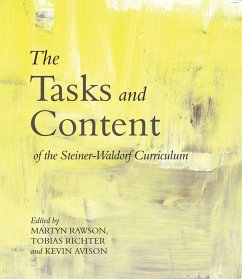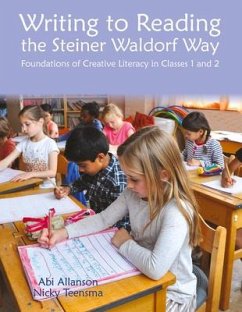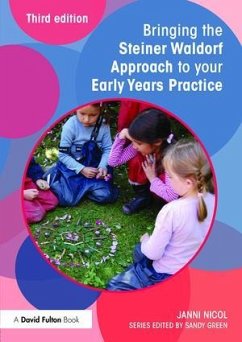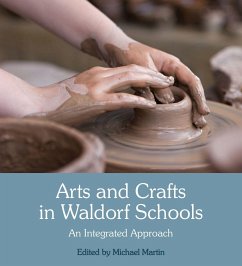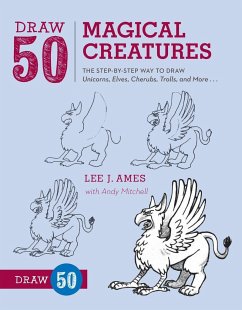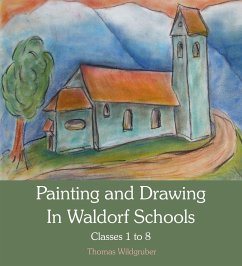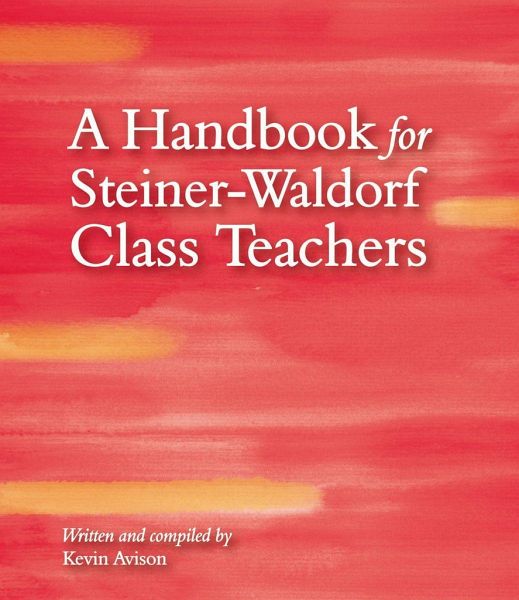
Kevin Avison
Broschiertes Buch
A Handbook for Steiner-Waldorf Class Teachers
Versandkostenfrei!
Versandfertig in 2-4 Wochen

PAYBACK Punkte
12 °P sammeln!




A useful and practical resource book for Steiner-Waldorf teachers with detailed suggestions and checklists for Classes 1 to 8.
Kevin Avison has been a teacher in both state and Steiner schools. He is an executive officer to the Steiner Waldorf Schools Fellowship. He lives in Stourbridge, England and has two grown up children who were educated in Waldorf schools.
Produktdetails
- Verlag: Floris Books
- 3 Revised edition
- Seitenzahl: 144
- Erscheinungstermin: 15. August 2016
- Englisch
- Abmessung: 238mm x 207mm x 17mm
- Gewicht: 344g
- ISBN-13: 9781782502494
- ISBN-10: 1782502491
- Artikelnr.: 43966708
Herstellerkennzeichnung
Libri GmbH
Europaallee 1
36244 Bad Hersfeld
gpsr@libri.de
Für dieses Produkt wurde noch keine Bewertung abgegeben. Wir würden uns sehr freuen, wenn du die erste Bewertung schreibst!
Eine Bewertung schreiben
Eine Bewertung schreiben
Andere Kunden interessierten sich für


